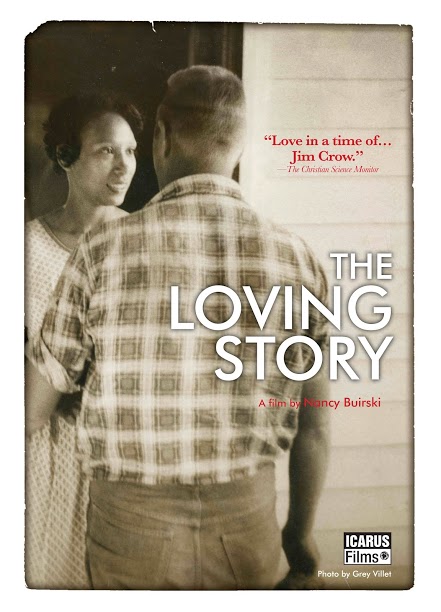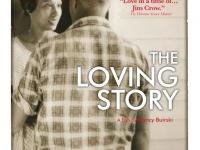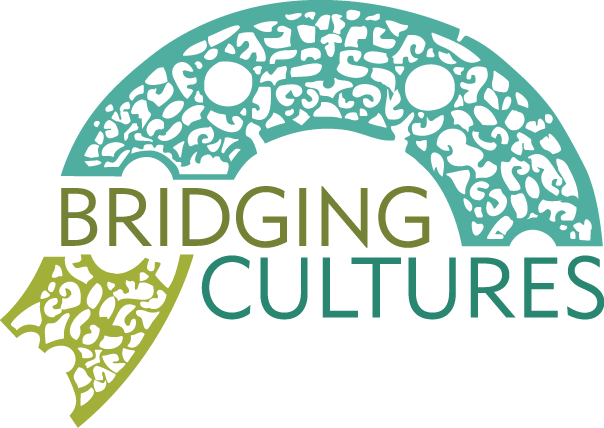To commemorate the 150th anniversary of the 13th Amendment abolishing slavery, HSP has partnered with area institutions to host events based on Created Equal: America’s Civil Rights Struggle. These four documentaries feature riveting new footage illustrating the history of civil rights in America. Events will focus on whether or not equality is ensured with the passage of new laws or amendments. This program is part of an initiative of the National Endowment for the Humanities using the power of documentary films to encourage community discussion of America’s civil rights history and current events.
Teachers are encouraged to attend the whole series as well as "The Genius of Freedom Teacher Workshop." Attendees at one of the February Created Equal programs receive a $5 discount on the cost of the workshop.

In this program of the series, we will view clips from The Loving Story and consider legal battles over the question of who can get married and who gets to decide.
The documentary explores the experiences of Mildred and Richard Loving. While they knew it was technically illegal for them to live as a married couple in Virginia - because she was of African American and Native American descent and he was white - they never expected to be woken up in their bedroom and arrested one night in 1958. The documentary brings to life the Lovings’ marriage and the legal battle that followed through little-known filmed interviews and photographs shot for Life magazine.
On March 12, HSP will host the third program in the series, viewing clips from The Loving Story. HSP’s own Mark Aronchick, a litigator and Chair of the firm Hangley Aronchick Segal Pudlin & Schiller, will share how the Loving case set precedent for the recent state and federal court battles over gay marriage Aronchick was involved in the federal lawsuit filed on behalf of 21 gay Pennsylvanians who wished to marry in the Commonwealth.
Then, Regina Austin, William A. Schnader Professor of Law and Director of the Penn Program on Documentaries & the Law, will discuss whether the appropriation of a civil rights legal precedent for non-racial issues is helpful to the overall civil rights movement. Dr. Charlene Mires, Associate Professor of History at Rutgers University-Camden and Director of the Mid-Atlantic Regional Center for the Humanities, and editor of the Encyclopedia of Greater Philadelphia, will facilitate the program’s discussion.
The Loving Story: Photo by Grey Villet
About Created Equal: America’s Civil Rights Struggle
To commemorate the 150th anniversary of the passage of 13th Amendment,, HSP has partnered with the African American Museum in Philadelphia, the National Constitution Center, the Philadelphia History Museum, and the Encyclopedia of Greater Philadelphia to host screenings of four documentaries featuring riveting new footage illustrating the history of civil rights in America.
The documentaries are part of Created Equal: America’s Civil Rights Struggle, a powerful film set produced with NEH support. Each film tells remarkable stories of individuals who challenged the social and legal status quo of deeply rooted institutions, from slavery to segregation. These programs offer a series of lectures, discussion forums, and scholarly presentations in addition to the screenings.
The documentaries, The Abolitionists, Slavery by Another Name, The Loving Story, and Freedom Riders, include dramatic scenes of incidents in the 150-year effort to achieve equal rights for all. Freedom Riders received an Emmy in 2012, and The Loving Story and The Abolitionists have been nominated for Emmys in 2013.
Created Equal: America’s Civil Rights Struggle is made possible through a major grant from the National Endowment for the Humanities, as part of its Bridging Cultures initiative, in partnership with the Gilder Lehrman Institute of American History.



